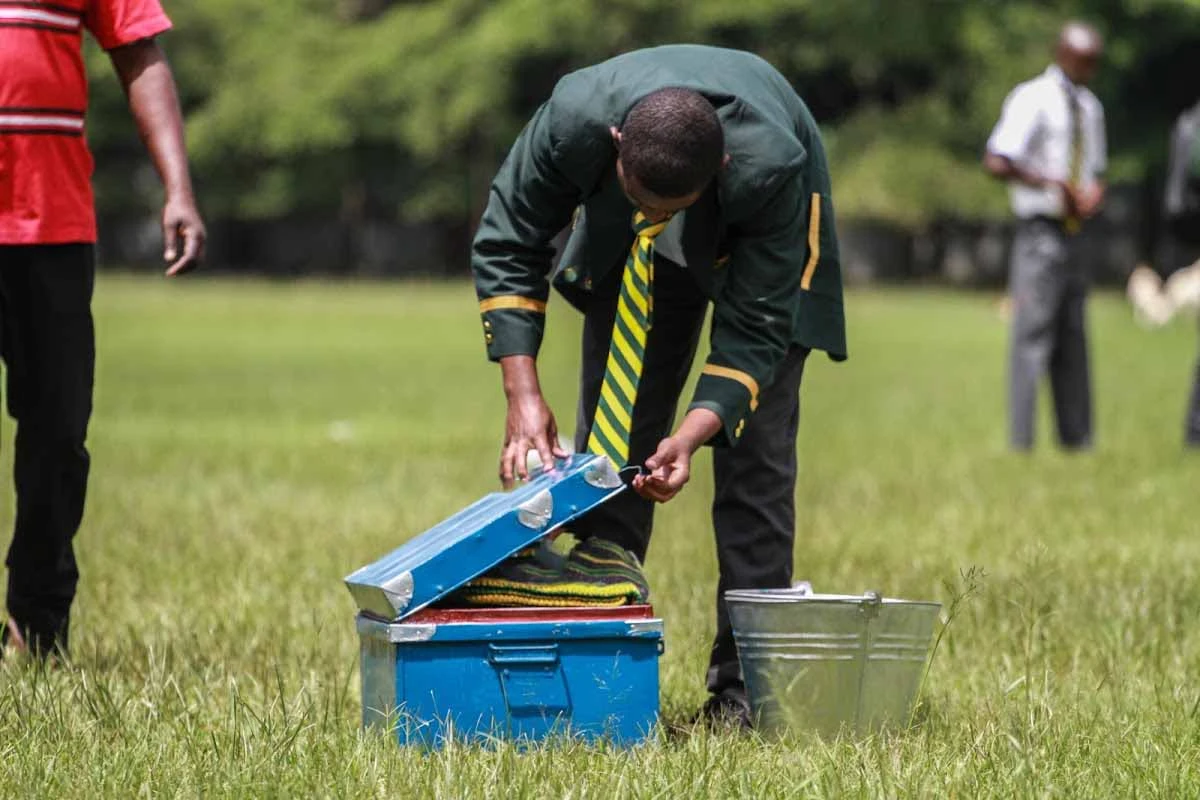In a big change in Kenya’s education system, the Ministry of Education announced in March 2025 that mathematics will no longer be a compulsory subject in senior secondary school starting from Grade 10. The policy will take effect in January 2026 and is part of the ongoing implementation of the competency based curriculum (CBC). According to the Education Cabinet Secretary, the mathematics taught from Grade 4 to Grade 9 is enough for foundational numeracy literacy.
This has generated a lot of debate. While some argue that making mathematics optional will ease the burden on students who struggle with the subject, others think it will have long term negative effects on individuals and society.
Mathematics in Kenya’s Education System
Under Kenya’s previous 8-4-4 education system, mathematics was compulsory until Form 2 (Grade 10). In the last two years of high school, students had the option to switch from Core Mathematics (Alternative A) to a simplified version, Alternative B introduced in 2009. The new curriculum is similar to what is done in countries like South Africa where students can choose between Mathematics and Mathematical Literacy.
The Case Against Making Mathematics Optional
As a researcher with over 20 years of experience in mathematics education, I think making mathematics optional is not a good idea. Regardless of career choice, mathematics is a fundamental skill needed for problem solving, logical thinking and decision making in daily life. Instead of removing it as a requirement, Kenya’s education system should address the root causes of poor performance in mathematics and work towards solutions.
Understanding Kenya’s Mathematics Problem
Kenyan students have always struggled with mathematics. In the 2022 Kenya Certificate of Secondary Education (KCSE) exams, over half of the 881,416 candidates scored in the lowest two grades (D and E). Although the results improved slightly in 2023, the performance is still worrying. Mauritius saw an improvement in its pass rate from 81.4% to 91.8% between 2019 and 2022.
Several factors contribute to Kenya’s poor performance in mathematics:
1. Resource Allocation
Well resourced national schools only take a fraction of students, leaving over 70% in poorly equipped day schools. Access to quality teachers and interactive learning materials is still a challenge despite government efforts to improve textbook availability.
2. Teacher Preparation and Support
Many teachers lack adequate training to support students in foundational numeracy which is key to success in later grades. Better teacher training is key to improving mathematical understanding.
3. Teacher Bias and Classroom Politics
Teachers often ask teachers to not to train teachers to support students in foundational numeracy and they never do. They never do. They never support.
Alternatives to Making Maths Optional
Instead of making maths optional, Kenya should consider these alternatives:
- Rethink the use of Maths in Academic Pathways
- Reduce the emphasis on maths scores for access to academic and training programs.
- Introduce a simpler maths option
- Have a maths literacy option in senior secondary school instead of scrapping maths altogether.
- Train and support teachers
- Continuous professional development for teachers, focusing on content knowledge and teaching strategies.
- Change societal attitudes towards maths
- Public campaigns to challenge negative stereotypes and show the real life applications of maths.
- Support learners with dyscalculia
- Schools should use multisensory teaching approaches that engage sight, sound, movement and touch to help students overcome maths learning difficulties.




